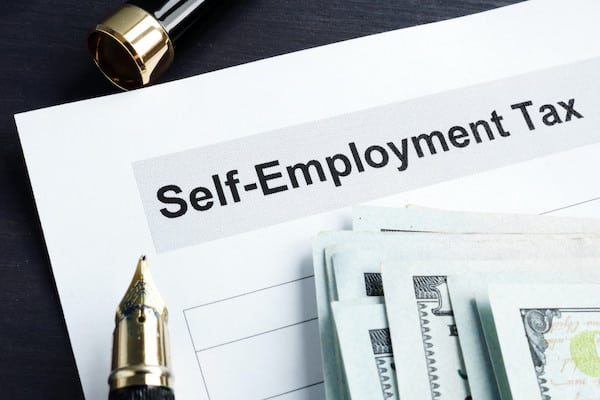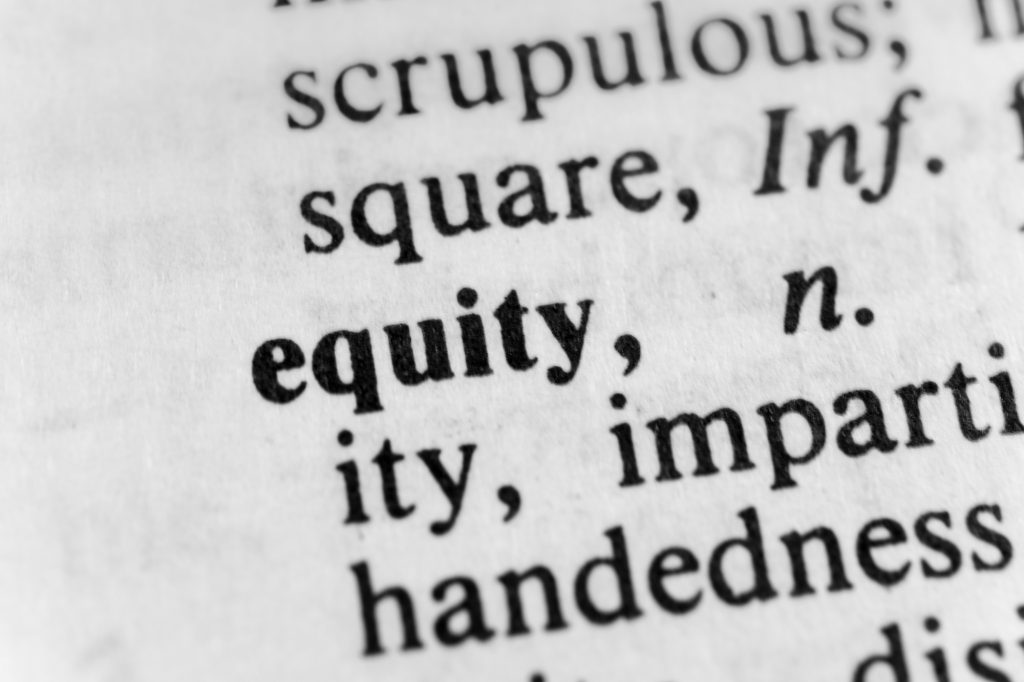Are you dreading tax time and don’t know where to start? You’re not alone. According to the Federation of Small Businesses (FSB), it takes small business three weeks every year in order to comply with tax rules. You’ll find that preparing ahead of time by doing research and budgeting will help you pay self-employment taxes easily without the stress. The confusion comes from how much you have to pay depending on different percentages of your earnings. We’re here to help cut down on the time and smooth away some of the confusion. Read on for our top six self-employment tax tips so you’ll know how to do taxes correctly once the time comes!
1. Budget for Taxes
If you were working on a side-hustle and didn’t earn over £1000 throughout the year, you’ll be happy to know that you don’t have to tell the HMRC that you’re self-employed. You also don’t have to pay taxes for the first £12,500 you earned.
If you make more than this, however, it’s important that you plan ahead and budget for taxes. According to UK tax laws, you’ll need to pay 20% for income between £12,500 and £50,000. This bumps up to 40% for income between £50,001 and £150,000.
Lastly, it increases to 45% for income of over £150,000. This also includes your income if you rent out properties.
We recommend setting some money aside in a separate savings account every time you’re paid. This will help you keep track of what you owe and also help you remember that not all the money you earn is yours–even if it feels like it!
2. National Insurance
It’s also important that you budget for the National Insurance payments that need to be made. If your profits from self-employment are greater than £6,475, you have the pay a rate of £3.05 a week for Class 2 National Insurance. This is paid through direct debit to HMRC.
If you’re making between £9,500 and £50,270, you’ll also need to pay 9% of your income for Class 4 National Insurance as well. For profits greater than £50,270, you’ll have to pay 2% of your profits. What you have to pay for National Insurance will also show up in your Self Assessment tax return.
3. Payments on Account
Even if you budget ahead of time, you may find that the HMRC is asking for a task bill that’s higher than you predicted. One reason could be because they’re asking to collect taxes that are due in the current year as well. They calculate this based on your earnings from the last year.
You’ll need to make your payments on account in two instalments: before midnight on 31 January and 31 July. Budgeting ahead of time will help for your first payment, as this is where you’ll find that for your first year, you’ll need to pay 1.5x more.
4. Claiming Mileage
It’s important to remember that you don’t have to pay based on your entire profits. You can claim expenses that you used for business in order to cut down on what you owe come tax time. If you use a vehicle for business, this is one of the easiest ways to claim some expenses.
Here are the mileage rates that you need to remember:
- For the first 10,000 miles in the tax year, 45p per mile
- 25p per mile above 10,000 miles
- 24p per mile for motorbikes
- 20p per mile for bikes
The easiest way to keep track of these miles is to use an app that can automatically log your route and do the mileage calculations for you throughout the year. Many of them allow you to name and categorize your trips.
If you take frequent trips to the same location, you can even have the app automatically categorize the trip based on the route so that you don’t have to always manually input the information.
5. Claiming Home as Office
If you work from home frequently, it’s also important that you also make note of this on your Self Assessment. If you’re a sole trader or partnership, the easiest way to do this is through the simplified expenses rules.
Depending on the hours you work from home, you’ll be able to claim a flat rate. For instance, if you work for 25 to 50 hours, you’ll be able to claim £10 per month. If you work 101 or more hours, you’ll be able to claim £26 per month.
6. Find a Bookkeeper and Accountant
It’s important to remember that you don’t have to suffer through taxes alone. As your business begins to grow, there’s no shame in finding the help of a bookkeeper as well as an accountant. A bookkeeper will help keep all of your records organized and up-to-date so that they’re easier to compile during tax time.
An accountant can help you through the process of doing your taxes. Even better, throughout the year they can help you make smart business decisions. They’ll analyze the data and help you find ways to maximize profits and minimize expenses.
Self-Employment Tax Tips: Preparing Ahead of Time
When it comes to self-employment tax tips, our best piece of advice is to begin preparing as soon as you begin your small business. Keep track of your income and expenses so that you can predict how much you need to pay and how much you can deduct.
Then, create a separate savings account so that you can funnel a percentage of your earnings away. That way, you won’t become attached to the income you earn that still belongs to the government.
There’s also no shame in asking for help–bookkeepers and accountants are professionals that work with small and large businesses each day. They’ll help you explain the tax rules and procedures better as well as provide ways to keep your income organized. Even if you’re not looking for tax advice, accountants can help you make better business decisions.
Ready to stay in-the-know when it comes to financial news for SMEs? Take a look at our finance archives to stay on top of the latest developments throughout the world!







